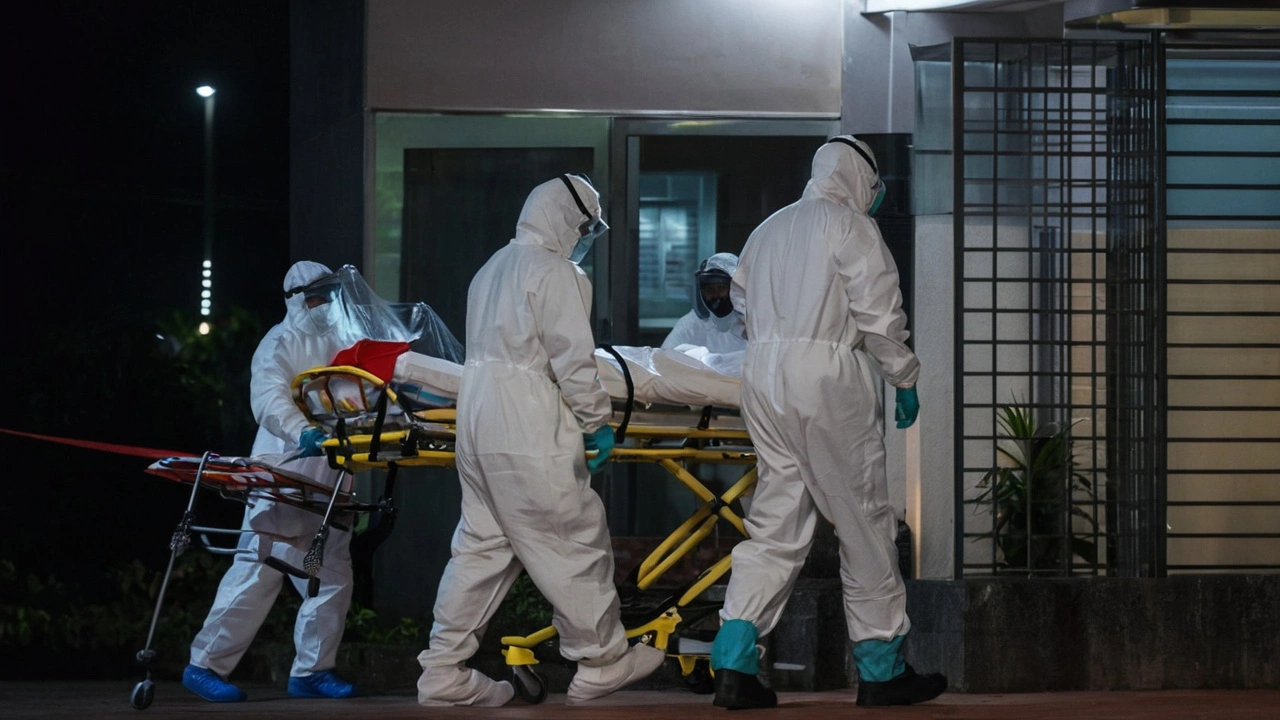Nipah Virus: What You Need to Know
Ever heard of Nipah Virus and wondered why it pops up in the news? It’s a virus that can jump from animals to people and cause serious illness. It first showed up in Malaysia in the late 1990s, and since then outbreaks have appeared in South Asia and, more recently, in parts of Africa. Understanding the basics can help you stay safe and stop rumors.
Unlike the flu, Nipah spreads through direct contact with infected animals—especially fruit bats, which are the natural host—or through fluids from sick people. It’s not airborne over long distances, but close contact in families, hospitals, or farms can quickly turn a small cluster into a bigger problem. That’s why early detection and quick response matter.
Symptoms and Transmission
Symptoms start suddenly and look a lot like other viral illnesses: fever, headache, sore throat, and muscle aches. Within a few days, many people develop confusion, seizures, or even coma. The virus attacks the brain and can cause pneumonia, which makes breathing tough. If you or someone you know gets these signs after being around bats, pigs, or a sick person, seek medical help right away.
Transmission routes are pretty straightforward: touch, spit, or bodily fluids from an infected person, or consume raw date palm sap contaminated by bat droppings. In some outbreaks, hospitals became hotspots because health workers didn’t use proper protective gear. That’s why washing hands, using masks, and avoiding close contact with sick individuals are key steps.
How to Protect Yourself
First, keep a safe distance from bats and avoid handling dead animals without gloves. If you live in an area where people drink fresh date palm sap, boil it before drinking—or better, switch to pasteurized products. In homes or farms, cover food and water containers so bats can’t reach them.
Second, practice good hygiene. Wash hands with soap and water after touching animals, before meals, and after using the toilet. If you’re caring for someone sick with Nipah, wear a mask, gloves, and a gown if possible. Disinfect surfaces regularly with bleach or alcohol solutions.
Third, stay informed. Local health agencies will issue alerts if there’s an outbreak nearby. Follow their guidance on testing, quarantine, and vaccination if a vaccine becomes available in your region. Community education—talking to neighbors and school groups—helps stop the spread before it starts.
Finally, remember that early medical care saves lives. There’s no specific cure for Nipah yet, but supportive treatment—like fluids, oxygen, and seizure control—improves outcomes. Doctors can also isolate patients to protect others.
Keeping these simple steps in mind can make a big difference. Nipah Virus may sound scary, but with awareness, hygiene, and quick action, you can protect yourself and your community.






